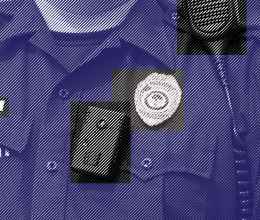COLUMBUS- The American Civil Liberties Union of Ohio called on Governor Ted Strickland to veto Senate Bill 17, which would require any person who has been convicted twice or more of driving under the influence (DUI) of drugs or alcohol to submit to a test of their bodily fluids. Currently, Ohio law adheres to the constitutional mandate that law enforcement obtain a warrant before taking blood from a person who does not voluntarily give a blood or urine sample.
ACLU of Ohio Legal Director Jeffrey Gamso said, “Unless there is an emergency, taking a person’s blood without permission is simply not something authorities may do on their own, without the check of a judicially ordered warrant. With probable cause, authorities can obtain the warrant quickly and easily. The Constitution requires that they do.”
"This bill provides an end-run around these protections and limits the oversight of the courts to regulate who may be forced to provide a blood or urine sample," added Gamso.
The law, like the Constitution, already allows law enforcement to obtain a blood sample in an emergency. However, the proposed law would give police officers the power to draw blood from any person who has two DUI convictions and refuses to submit to the test, whether the situation is an emergency or not.
Currently under Ohio law, if a person refuses to submit to a bodily fluid test, they receive an automatic Administrative License Suspension. The officer is permitted to take the person’s driver’s license on the spot and it may be extended for a period of ninety days to five years. In addition, the person may still receive a fine or criminal penalty in court for conviction of a DUI offense.
The bill was proposed by Senator Tim Grendell (R-Chesterland) and passed the Ohio Senate by a unanimous vote. It passed the Ohio House by a vote of 87-6 on June 10, 2008.
Gamso concluded, “Reducing the number of DUIs in Ohio is a laudable goal. However, forcing people to submit to bodily fluid tests without a judge’s consent will do nothing to prevent people from driving drunk and nothing to assist in the prosecution of those who do.”






